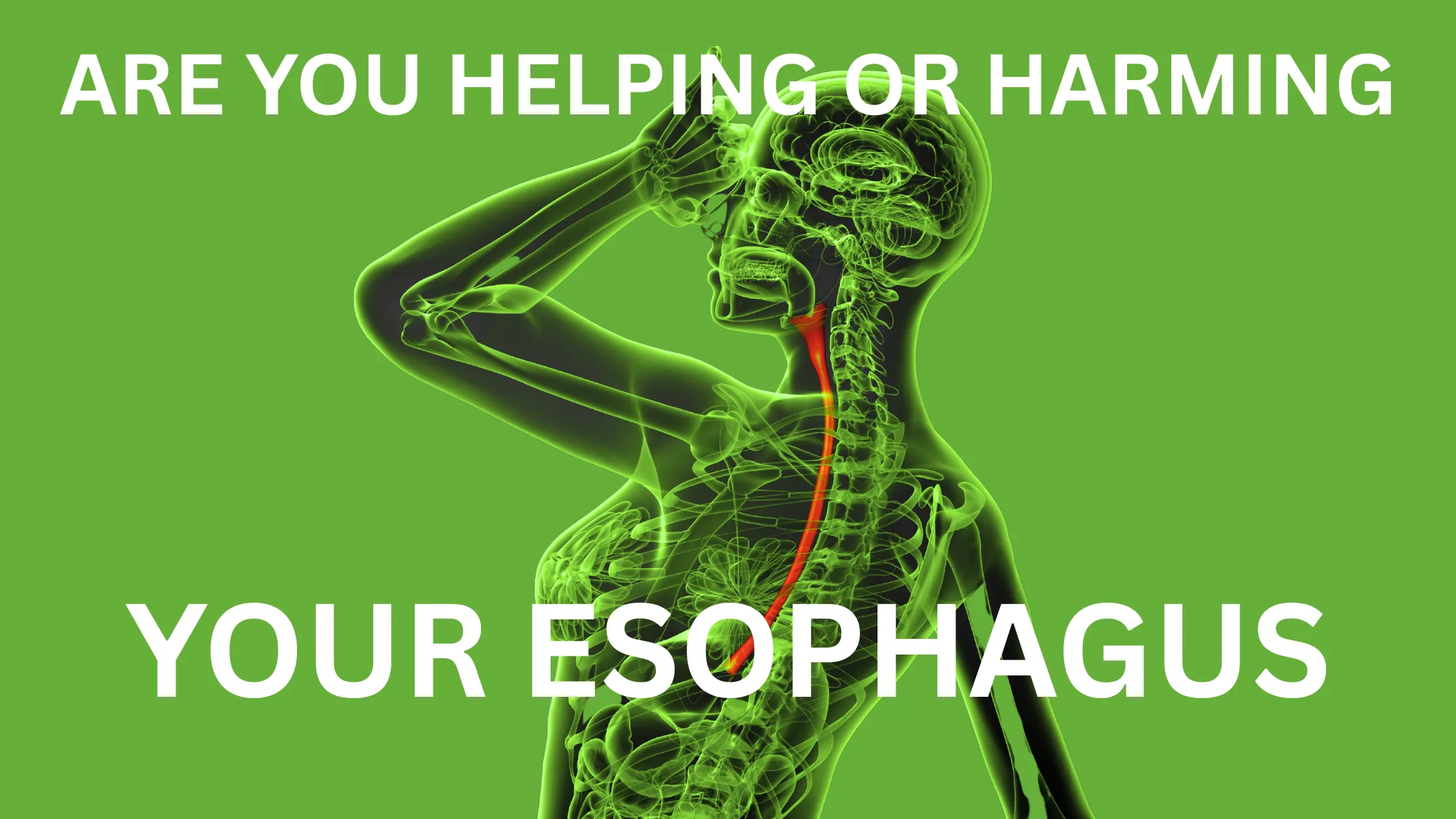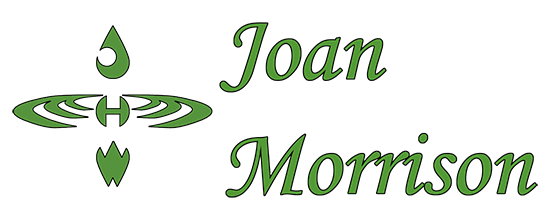ARE YOU HELPING OR HARMING YOUR ESOPHAGUS?

🔹 An unhealthy esophagus lining plays a big role in worsening heartburn (acid reflux). Here’s how:
- Weakened Barrier Function
- The esophagus lining is normally coated with mucus and protective cells that act as a barrier against stomach acid.
- If the lining becomes inflamed, thin, or damaged (from repeated acid exposure, poor diet, smoking, alcohol, or chronic reflux), it loses some of this protective ability.
- Increased Sensitivity
- A healthy lining can tolerate brief acid contact.
- An unhealthy or irritated lining is more sensitive, so even small amounts of refluxed acid trigger burning and pain.
- Impaired Healing
- When the lining is damaged, it takes longer to repair itself. Ongoing reflux prevents healing, creating a cycle of irritation → sensitivity → more heartburn.
- Inflammation and Nerve Irritation
- Acid exposure causes inflammation (esophagitis), which can make the nerves in the esophagus more reactive.
- This means the brain perceives reflux more strongly, leading to more intense or frequent heartburn.
- Structural Changes
- Chronic damage can lead to conditions like erosive esophagitis or Barrett’s esophagus, where the cells change type in response to repeated acid injury. These changes often make reflux symptoms worse and longer lasting.
In short: a damaged esophagus lining can’t buffer acid well, heals poorly, and sends stronger pain signals — all of which contribute to persistent heartburn.
🔹 Here are the main things that weaken the esophagus lining and make heartburn more likely:
Diet & Food Triggers
- Acidic foods (tomatoes, citrus, vinegar) → irritate the lining directly.
- Spicy foods & chili peppers → increase irritation and sensitivity.
- Fatty or fried foods → slow stomach emptying, keeping acid in contact with the esophagus longer.
- Chocolate, coffee, alcohol, and peppermint → relax the lower esophageal sphincter (LES), allowing more acid backflow.
Lifestyle Habits
- Smoking → reduces protective mucus, weakens the LES, and slows healing of the esophagus lining.
- Alcohol → directly irritates the lining and increases acid production.
Late-night eating or lying down soon after meals → gives acid more chances to reflux and damage the lining
Medical & Physical Factors
- Frequent acid reflux (GERD) → chronic exposure erodes the lining.
- Hiatal hernia → weakens the barrier between the stomach and esophagus.
- Certain medications (NSAIDs like ibuprofen, aspirin, some antibiotics, and bisphosphonates for osteoporosis) → can irritate or damage the esophagus lining.
- Obesity & pregnancy → increase abdominal pressure, forcing stomach contents upward.
Internal Health Factors
- Low stomach acid (paradoxically) → food sits longer in the stomach, leading to more reflux, which irritates the lining.
- Poor gut health & inflammation → can make the lining more sensitive and slower to heal.
- Nutrient deficiencies (zinc, vitamin D, omega-3s, antioxidants) → reduce the body’s ability to repair tissue.
Over time, these factors make the lining thinner, more inflamed, and less resilient, creating the perfect setup for recurring heartburn.
🔹 Here’s a list of ways to strengthen and protect the esophagus lining naturally, so it can better resist acid reflux and heartburn:
Nutrition & Diet Support
- Eat soothing, protective foods
- Aloe vera juice (inner fillet, not the laxative latex) → calms irritation.
- Slippery elm, marshmallow root, and deglycyrrhizinated licorice (DGL) → coat and protect the lining.
- Oatmeal, bananas, melons → gentle, non-acidic, and soothing.
- Cooked vegetables (broccoli, carrots, zucchini, green beans) → easy to digest, low acid.
- Anti-inflammatory nutrients
- Omega-3s (salmon, chia, flax, walnuts) → reduce inflammation in the lining.
- Zinc-rich foods (pumpkin seeds, seafood, beans) → help tissue repair.
- Antioxidants (berries, leafy greens, turmeric) → protect cells from acid damage.
- Stay hydrated
- Water helps wash refluxed acid back down and keeps the mucus lining moist.
Lifestyle & Eating Habits
- Eat smaller, slower meals → less pressure on the stomach and less reflux.
- Don’t lie down right after eating → wait at least 2–3 hours.
- Elevate your upper body at night (using a wedge pillow or slightly raised bed) → keeps acid from flowing up.
- Chew food thoroughly → starts digestion early and reduces stomach workload.
Things to Minimize
- Limit alcohol, smoking, coffee, chocolate, fried/fatty foods, tomato sauces, citrus, and spicy meals (all weaken the lining or trigger reflux).
- Be careful with NSAIDs (ibuprofen, aspirin) if you use them often — they can erode the lining.
Gentle Remedies & Supports
- Herbal teas (chamomile, ginger, fennel) → calm digestion without irritating the lining.
- Probiotics & fermented foods (if tolerated) → support gut health, which improves healing of the esophagus.
- Manuka honey → coats the throat and esophagus, reducing irritation and supporting repair.
- Esophageal Guardian Supplement
Bottom line: Protecting the esophagus lining comes down to reducing irritation, boosting tissue repair with the right nutrients, and preventing constant acid exposure.
If you need extra do-it-yourself gut health help => Do-it-yourself Gut Health
